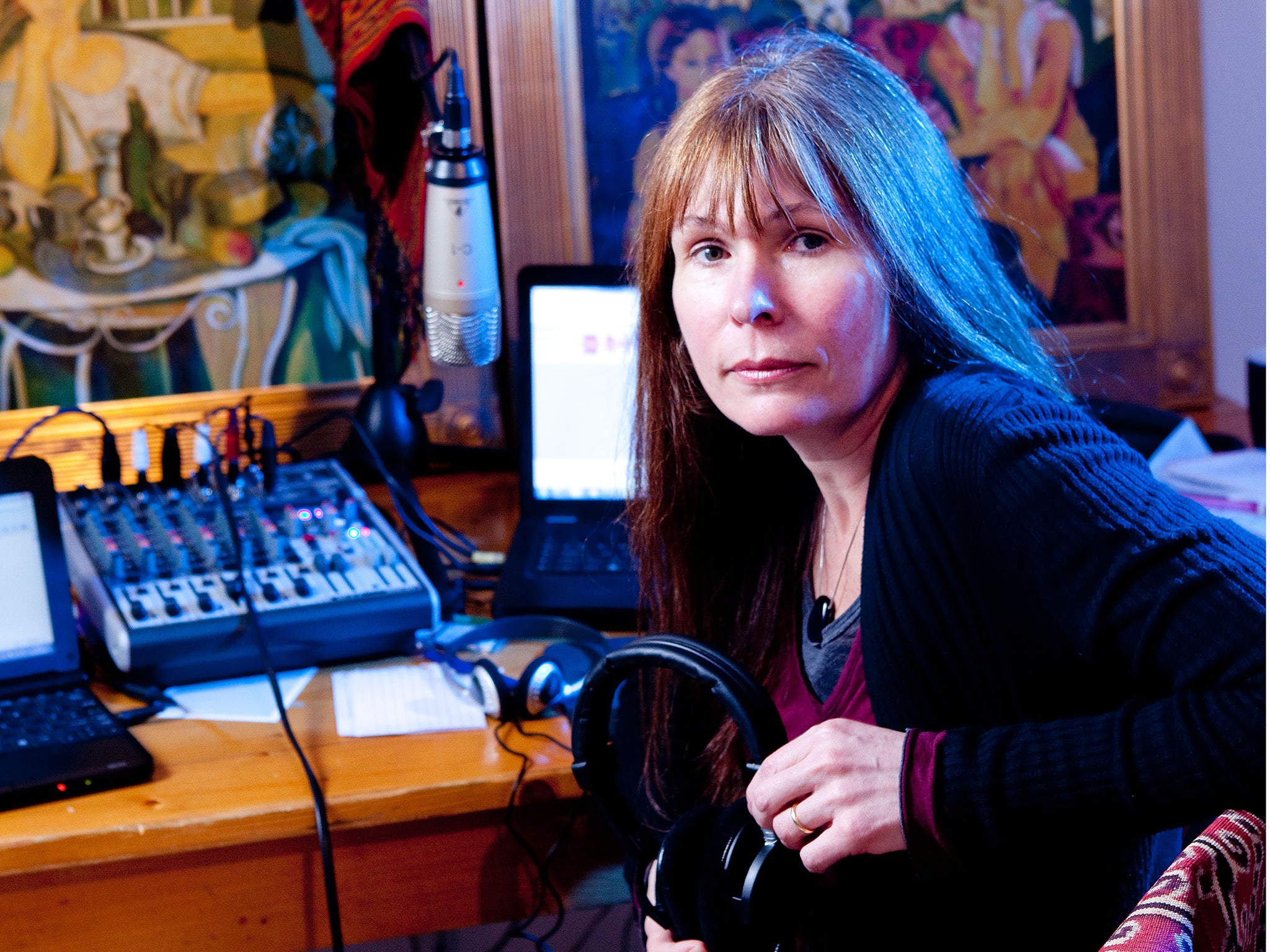Smearing of journalist shows how modern technology makes a mockery of libel law
PR dirty-tricks campaign involved creation of a highly defamatory public Facebook page about Clare Rewcastle Brown

Your support helps us to tell the story
From reproductive rights to climate change to Big Tech, The Independent is on the ground when the story is developing. Whether it's investigating the financials of Elon Musk's pro-Trump PAC or producing our latest documentary, 'The A Word', which shines a light on the American women fighting for reproductive rights, we know how important it is to parse out the facts from the messaging.
At such a critical moment in US history, we need reporters on the ground. Your donation allows us to keep sending journalists to speak to both sides of the story.
The Independent is trusted by Americans across the entire political spectrum. And unlike many other quality news outlets, we choose not to lock Americans out of our reporting and analysis with paywalls. We believe quality journalism should be available to everyone, paid for by those who can afford it.
Your support makes all the difference.The anonymous online smearing of the human-rights journalist Clare Rewcastle Brown shows how difficult it is to protect reputations on social media platforms. The PR dirty-tricks campaign involved the creation of a highly defamatory public Facebook page titled “The Real Clare Rewcastle Brown”, which denounced the campaigning blogger as a liar and a forger.
The shadowy perpetrators then created a host of fake Twitter accounts to drive traffic towards the Facebook page. At least two fake accounts were illustrated with photographs of dead people, including a young explorer who perished in Greenland while raising money for charity. The fact that an animation film lampooning Ms Rewcastle Brown was expertly produced adds to the suspicion that the dirty-tricks campaign is being financed by a significant budget.
That film includes defamatory comments from a cartoon figure of the journalist saying: “I’m a liar, I’m a hypocrite.” Yet Mark Zuckerberg’s company considers such material to be within its “Facebook Community Standards”, because the blogger is deemed to be fair game. And so the page remains and encourages others who wish to practise such dark arts. Facebook even benefits financially by accepting the page as “sponsored content” and boosting its profile.
Twitter, too, has failed to act on the fake accounts on its platform. We understand the need to ensure that those who are legitimately criticised cannot simply erase online content they do not approve of. The European Union’s backing of the “right to be forgotten” has already had alarming consequences and led to the removal of many serious articles.
But when reports are defamatory they must be an effective way of challenging them in the libel courts. Facebook and Twitter should not be part of PR’s dirty-tricks industry.
Join our commenting forum
Join thought-provoking conversations, follow other Independent readers and see their replies
Comments